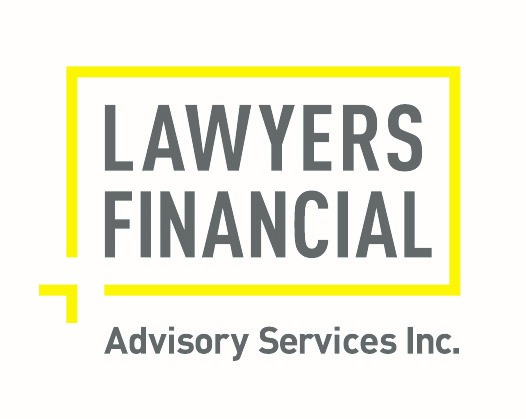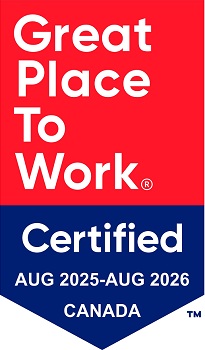
Written for Lawyers Financial by Saijal Patel.
For many Canadians, receiving a tax refund can be a welcome financial windfall.
While it may be tempting to splurge on a shopping spree or a holiday, there are several options to help you get financially ahead for you to consider.
Here are five money smart choices you can make with your tax refund:
1. Pay off debt
Consumer debt topped 2.4 trillion dollars in the fourth quarter of 2022, according to Equifax. Younger Canadians especially are relying on credit to make ends meet amidst high inflation.
If you have outstanding debt, consider using your tax refund to pay it off. Not only will this help you reduce interest charges and improve your credit score, it will also provide a sense of financial freedom and reduce stress.
When it comes to paying off debt, aim to prioritize whichever one carries the highest interest rates, such as personal loans, unsecured debt, and especially credit card debt. Credit card debt is one of the most common types of debt Canadians carry—and one of the most expensive. Credit card companies charge punitive interest rates, some as high as 21% annually.
2. Build an emergency fund
Having an emergency fund is essential for unexpected expenses such as car repairs, a leaky roof, appliances breaking down, medical bills, or even a job loss. If you don't have one already, consider using your tax refund to start building, or replenishing an emergency fund. You ideally want to set aside at least three to six months' worth of living expenses.
3. Invest in your future
Another option is to use your tax refund to invest towards your future goals. You can use the money to contribute to a Registered Retirement Savings Plan (RRSP) or a Tax-Free Savings Account (TFSA), both of which offer tax advantages and help you save for retirement or other financial goals.
Contributions to an RRSP are tax-deductible, which means they can lower your taxable income and likely result in a larger tax refund. However, withdrawals from an RRSP in the future are taxed as income.
The appeal of TFSAs is that they offer more flexibility. While contributions are not tax-deductible up-front, investments can be withdrawn tax-free at any time, and income earned within a TFSA won’t affect your eligibility for federal income-tested benefits and credits such the child tax benefit, or Old Age Security (OAS).
A third option if you’re saving for your first home is to consider investing in the new First Home Savings Plan (FHSA). Contributions to an FHSA, up to $8,000 annually and a lifetime limit of $40,000, are tax-deductible and withdrawals are also tax-free.
4. Contribute to a Registered Education Savings Plan
Let’s face it, undergraduate programs are expensive. According to Statistics Canada, the average tuition fee was $6,834 for the 2022-2023 year. Multiply this by four, plus books and cost of living and it can easily add up to more than $60,000.
A Registered Education Savings Plan (RESP) allows you to save for your children’s education. It’s a tax-deferred plan, meaning you can contribute up to $50,000 per child to an RESP, and no tax is paid on the investment gains until it’s time to withdraw.
A bonus is that for every dollar you contribute, the Canada Education Savings Grant adds 20 cents. That’s free money and equates to an extra $500 if you contribute the maximum $2,500 per year.
5. Give back
Lastly, you can use your tax refund to give back to a charitable cause you care about. Charitable donations made through a registered charity are tax deductible so you can reduce your taxable income and potentially lower your tax bill. In Canada, the federal government offers a non-refundable tax credit of 15% for the first $200 of donations and 29% for donations above $200.
And let’s not forget the positive difference in the lives of others and the community you’d be making.
We can help.
Tax planning touches every part of your financial plan. Whether you’re paying off student loans, saving for a home, or planning your retirement, ask a financial planner how taxes (and more taxes) fit into the overall picture. And because we’re a not-for-profit, we offer this service for the low, low price of free.
Book a financial planning meeting now
Saijal Patel is the creator and host of Canada’s national personal finance TV program, “Strictly Money,” and the founder of Saij Wealth Consulting Inc.


